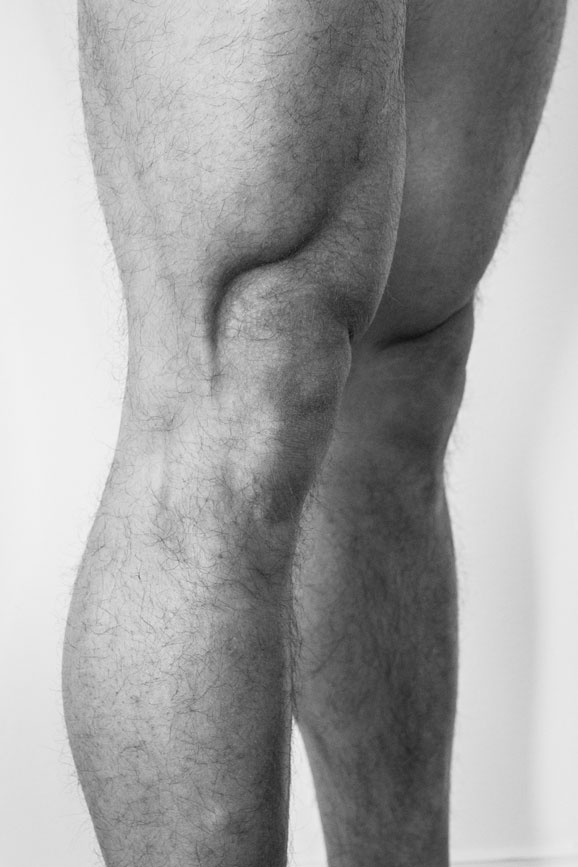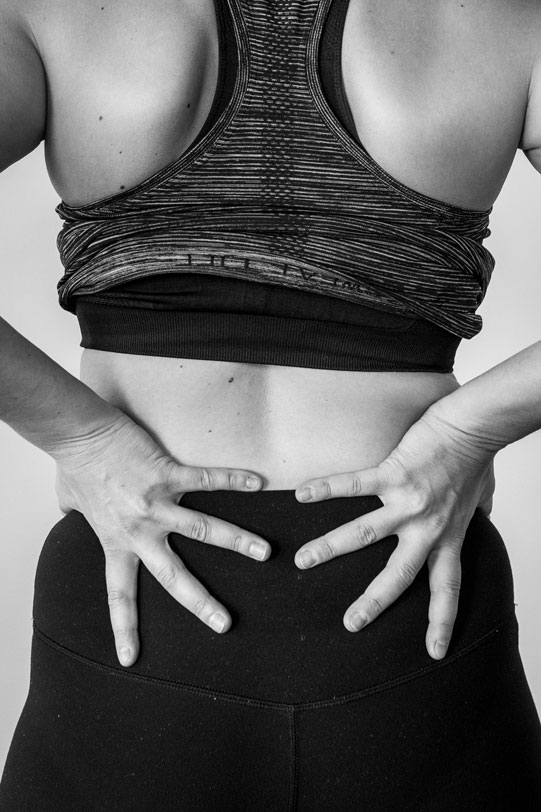Table of Contents
- Written By Sam Fell (Physiotherapist)
- Last Updated On 15 June 2023
Physio for Neck Pain & Headaches
Neck pain, a prevalent and often debilitating condition, affects a significant portion of the population at some point in their lives. From stiffness and discomfort to sharp, persistent aches, neck pain can greatly impact daily activities, work productivity, and overall well-being.
In most cases, neck pain is not a cause for concern however, it can lead to other pains like headaches and restricted mobility. In these times, research has revealed the many benefits of physio for neck pain and headaches in alleviating discomfort and restoring optimal function.
At Pro-Form, we believe no one deserves to live with pain. In this article, we aim to educate you on neck pain, its types, causes, symptoms and treatment options including physio for neck pain to help you reduce your likelihood of frequent episodes and help you manage your pain effectively.
What is Neck Pain?
Neck pain can refer to any discomfort or pain experienced in the muscles, ligaments, tendons, bones or nerves of the neck. Neck pain can range from mild and temporary to severe and chronic, causing varying degrees of discomfort and limited mobility.
Neck pain can be localized to a specific area or radiate to the shoulders, upper back, arms, or head. It may be accompanied by other symptoms such as stiffness, headaches, numbness, tingling, or muscle weakness. Neck pain can result from various factors, including poor posture, muscle strain, injuries, degenerative conditions, arthritis, stress, or underlying medical issues which we will unpack in more detail in the next section. While neck pain in most cases is not much of a serious condition, a proper assessment and diagnosis to identify the root cause of the pain is crucial to plan appropriate treatment and promote long-term neck health.
What Are Some Common Causes of Neck Pain?
There are several common causes of neck pain. Here are a few:
- Muscle Strain: This is one of the most common causes of neck pain. Muscle strains in the neck occur most often due poor posture, excessive or repetitive use of the neck muscles, or sudden movements. For some this may feel like a sharp pain in the neck.
- Poor Ergonomics: Neck muscles can get strained from prolonged sitting or working in awkward positions that fail to effectively support the neck, such as hunching over a computer or looking down at a smartphone for extended periods.
- Whiplash: Neck pain can result from injuries to the neck and head such as whiplash from car accidents, sports-related injuries, falls, or direct trauma. Neck pain in these cases can either be acute or chronic.
- Herniated Discs: The soft cushions (discs) between the vertebrae in the neck can rupture or bulge, pressing on nearby nerves and causing neck pain. This often needs a more intricate diagnosis and treatment plan to restore optimal functioning of the neck.
- Osteoarthritis: The natural wear and tear of the joints in the neck over time can lead to osteoarthritis, causing neck pain, stiffness, and reduced mobility, often seen in older people.
- Degenerative Disc Disease: Degenerative Disc Disease refers to the gradual wear and tear of the intervertebral discs in the neck. This causes them to lose moisture and height that invariably results in neck pain and limited motion. Degenerative Disc Disease is seen more commonly in the older population.
- Cervical Spinal Stenosis: This condition refers to the narrowing of the spinal canal in the neck, typically due to age-related changes. This can put pressure on the spinal cord or nerves, leading to neck pain.
- Poor Sleeping Positions: Sleeping in an awkward position or using an unsupportive pillow can strain the neck and upper back muscles and cause mild or sharp pain in the neck upon waking. People who complain of neck pain from sleeping often benefit from modifications in sleeping positions or a more supportive pillow based on their neck structure.
- Stress and Tension: Emotional stress and anxiety can contribute to muscle tension and increased sensitivity to pain in the neck and shoulders. This can also lead to headaches which can cause the head to feel tight or squeezed.
- Other Medical Conditions: Certain medical conditions, such as fibromyalgia, rheumatoid arthritis, or spinal infections, can also cause neck pain.
It’s important to note that these are some general causes, and reasons for neck pain may vary from person to person. Some may even have multiple factors contributing to neck pain.
If you’re experiencing persistent or severe neck pain, it’s recommended to consult with a healthcare professional for an accurate diagnosis and appropriate treatment.
What’s The Relationship Between Neck Pain & Headaches?
Neck pain and headaches often have a close relationship, and they can frequently occur together or be interconnected. Here are some ways in which neck pain and headaches can be related:
- Muscle Tension: Tight or strained neck muscles can lead to tension headaches. The muscles in the neck and upper back are connected to the base of the skull and can trigger pain to the head, causing mild to moderate headaches.
- Cervicogenic Headaches: These headaches originate from issues in the cervical spine (neck), such as cervical joint dysfunction, nerve irritation, or muscle tension. The pain is often felt on one side of the head and may be accompanied by neck pain and restricted neck movement.
- Posture-Related Headaches: Poor posture, such as slouching or prolonged forward head position, can strain the muscles in the neck and upper back. This muscle tension can contribute to both neck pain and headaches.
- Whiplash Injuries: Neck pain and headaches are commonly associated with whiplash injuries, which can occur due to sudden acceleration or deceleration forces. The rapid back-and-forth movement of the neck can cause muscle strain, joint dysfunction, and headaches.
- Nerve Compression: Conditions like herniated discs or cervical spinal stenosis, which can cause neck pain, may also compress nerves in the cervical spine. This nerve compression can lead to radiating pain into the head, resulting in headaches.
- Stress and Tension: Emotional stress and tension can contribute to both neck pain and headaches. Stress-related muscle tension in the neck and shoulders can trigger or worsen headaches.
It’s key to note that not all headaches are related to neck pain. Headaches can be caused by various other factors. However, if you experience frequent headaches in conjunction with neck pain or notice that your headaches worsen with neck movement or posture, it may be beneficial to consult with a healthcare professional, such as a physician or physiotherapist, for a comprehensive evaluation and appropriate management strategies.
What Are The Benefits of Physio for Neck Pain & Headaches?
Physiotherapy is considered an effective neck pain treatment option as well as headaches, and offers several benefits for individuals in these cases. When you consult with Pro-Form physiotherapy for neck pain, here are some ways we can help you relieve pain and restore strength and functioning to your neck muscles:
- Pain Management: At Pro-Form, our team is dedicated first and foremost to relieve your pain. We may use manual therapy, soft tissue mobilization, and therapeutic exercises, to reduce pain and discomfort in the neck and surrounding areas. Depending on the severity of the pain and the underlying condition, we also may recommend stretches, exercises or therapies that you can do at home to help you manage neck pain at home in between physio sessions.
- Muscle Relaxation and Stretching: Neck pain as we learned earlier can often be caused due to stiffness or tightness of the muscles in the neck and upper back. Our approach may include techniques to stretch your neck and shoulder muscles to reduce muscle tension and promote relaxation.
- Posture Correction: Poor posture is a common contributor to neck pain and headaches. We take your lifestyle and day to day into consideration and assess and address potential postural imbalances and provide you with exercises to improve posture and reduce strain on the neck and surrounding muscle structures.
- Neck Strengthening: Neck pain is likely to also be a result of weakness in the neck muscles thus being unable to properly support the head. Sometimes injuries to the neck can also cause muscles to become weak, usually needing rehabilitation to restore its strength, flexibility and stability. At Pro-Form, we focus on strengthening your neck muscles through custom neck pain treatment programs based on your condition to reduce the risk of further neck injuries.
- Joint Mobilization: Sometimes muscle tightness or injuries can cause restricted mobility in your neck. To counteract this, we may use manual techniques to mobilize and restore normal movement to the joints in the neck. This can help alleviate pain, improve joint mechanics, and enhance overall range of motion.
- Nerve Mobilization: If nerve irritation or compression is contributing to neck pain or headaches, we may perform specific techniques to mobilize and free up the affected nerves, reducing neck pain symptoms.
- Ergonomic and Lifestyle Modifications: When neck issues arise due to incorrect posture or sitting positions, in addition to treatment, we provide guidance on proper ergonomics, such as workstation setup and what is good posture during daily activities to minimize strain on the neck. Through advice on lifestyle modifications, relaxation techniques and self-management strategies, we ensure to equip you with tools to manage neck pain and headaches and eventually reduce your risk and the likelihood of you having episodes in the future.
As you can see, the benefits of physio for neck pain & headaches are plenty. When you consult with Pro-Form Physiotherapy for neck pain treatment we ensure to also educate you on the function of the neck, potential risks and also strategies to enhance overall neck health and improve quality of life.
Frequently Asked Questions on Physio For Neck Pain & Headaches
You should be concerned about neck pain and headaches if they’re severe, frequent, or worsening, especially if accompanied by neurological symptoms like numbness, weakness, or changes in vision or hearing. Fever, infection signs, recent injuries, or headaches triggered by movement are also red flags. Chronic conditions and pain lasting more than a few days should raise concern. Prompt medical attention is crucial to rule out serious underlying causes and ensure appropriate treatment.
To alleviate neck pain from sleeping, try these steps:
1. Adjust Pillow: Use a supportive pillow that maintains your neck’s natural curve.
2. Sleep Position: Sleep on your back or side; avoid sleeping on your stomach.
3. Neck Exercises: Gentle neck stretches and exercises can help relieve stiffness.
4. Heat or Cold Therapy: Apply a heat pack or cold compress to soothe sore muscles.
5. Massage: Gently massage the affected area to promote relaxation and circulation.
6. Over-the-Counter Pain Relievers: Non-prescription pain relievers can provide temporary relief.
7. Consult a Professional: If pain persists, consult a healthcare provider or physical therapist for personalized guidance.
Stiff neck and headaches can stem from various illnesses, including:
1. Meningitis: Inflammation of the membranes surrounding the brain and spinal cord.
2. Tension Headaches: Often accompanied by neck muscle tension.
3. Migraines: Severe headaches sometimes linked to neck discomfort.
4. Cervical Spondylosis: Degeneration of spinal discs and joints in the neck.
5. Infections: Flu, colds, or throat infections can lead to neck stiffness and headaches.
6. Fibromyalgia: A condition causing widespread pain, including neck discomfort.
7. Cluster Headaches: Intense headaches usually centered around one eye, often with neck involvement.
If symptoms persist, worsen, or are accompanied by other concerning signs, consult a healthcare professional for proper diagnosis and treatment.
Yes, neck problems can trigger daily headaches. Conditions like cervical muscle tension, poor posture, or cervical spine issues can radiate pain to the head, leading to frequent headaches. Addressing the underlying neck problems through proper ergonomics, exercises, and medical guidance may help alleviate the headaches. If symptoms persist, consult a healthcare provider for accurate diagnosis and suitable treatment.
Yes, physiotherapy can help relieve migraine headaches. Techniques like manual therapy, exercises, and posture correction can address neck and muscle tension, which might contribute to migraines. A physiotherapist can create a tailored plan to alleviate triggers and improve overall well-being. However, consult a healthcare professional for a comprehensive approach to managing migraines, as they may recommend a combination of treatments for optimal results.




